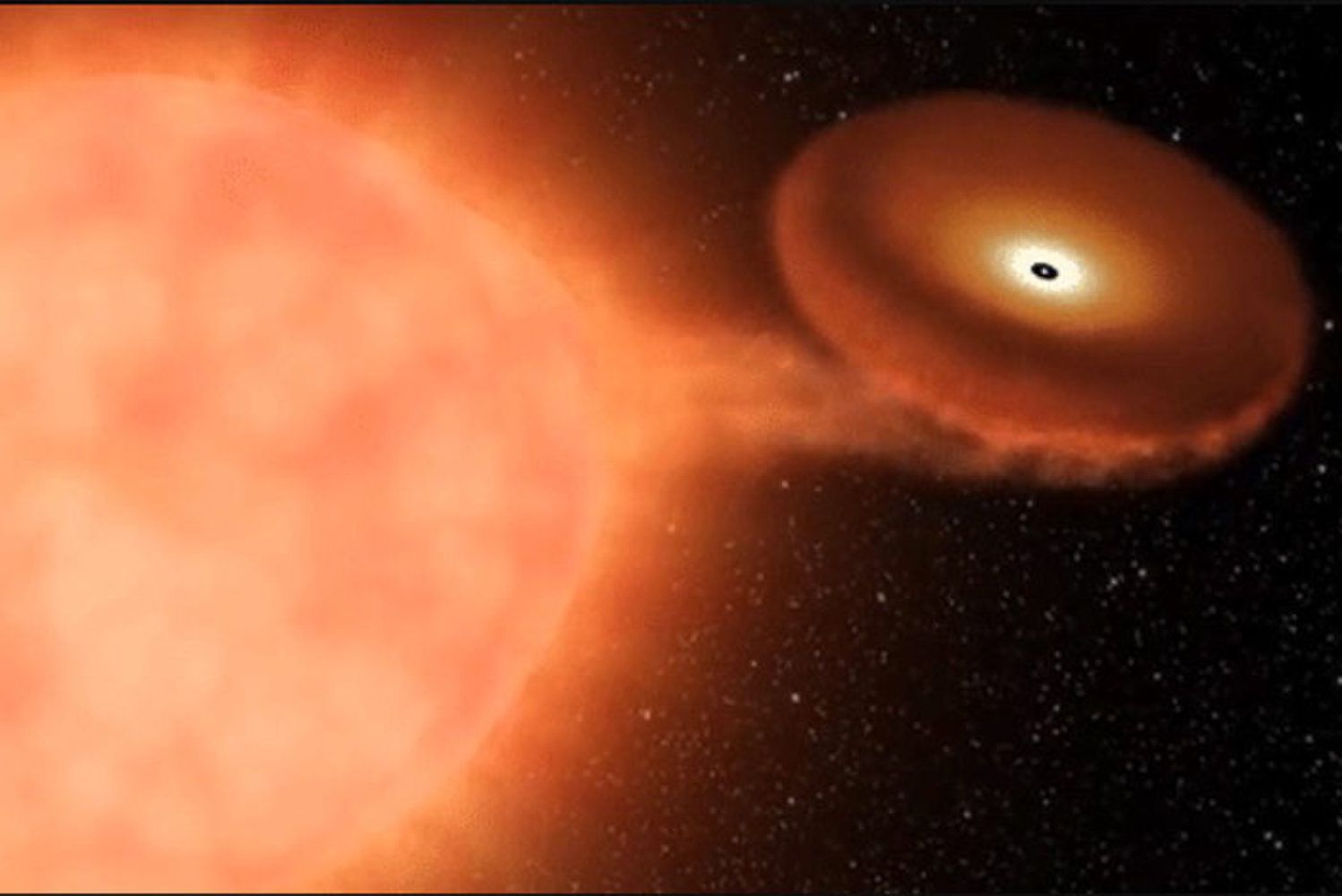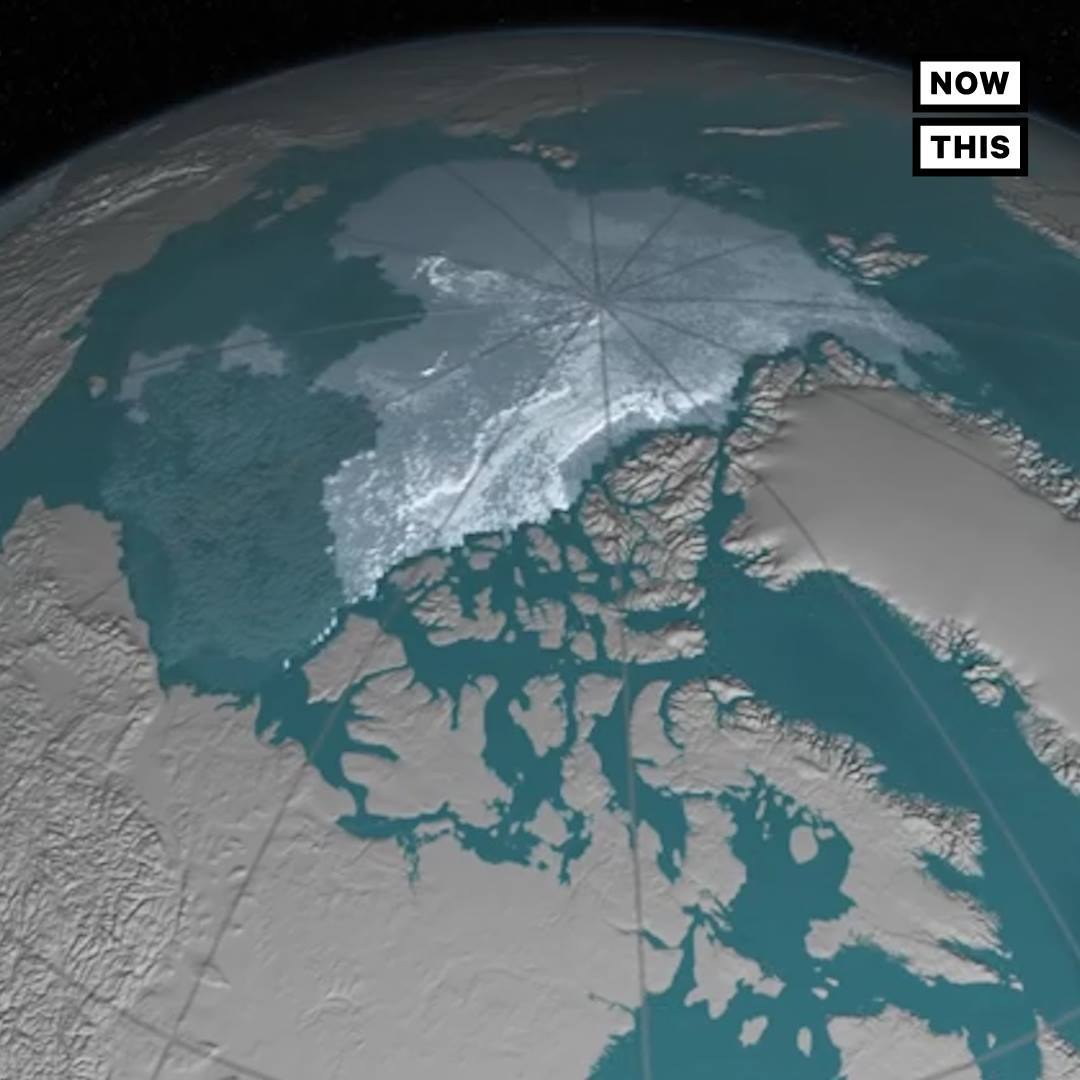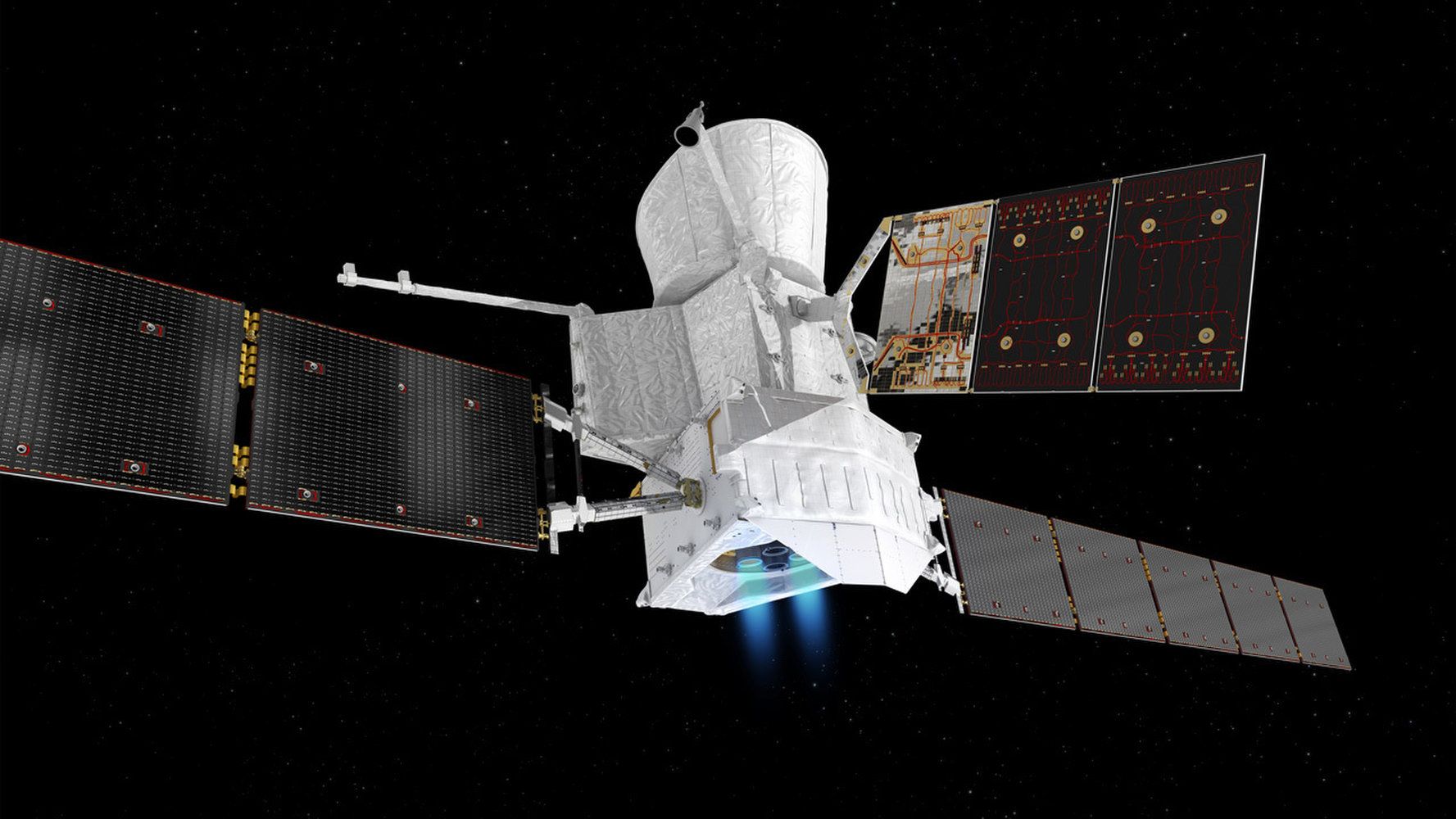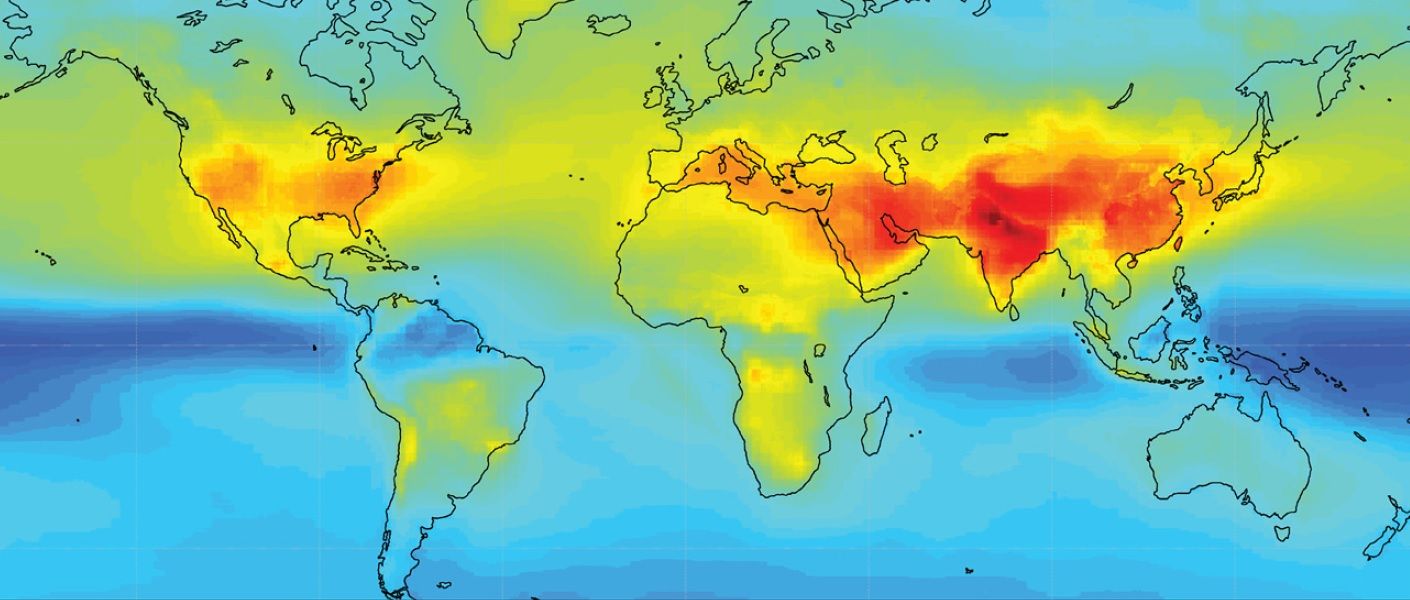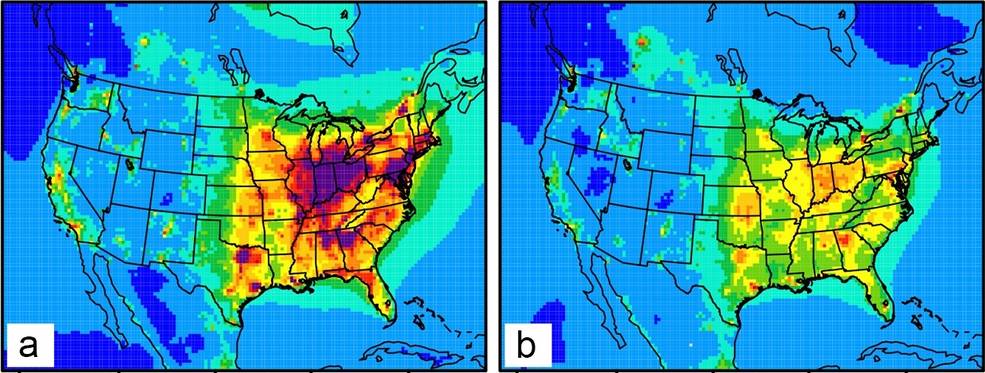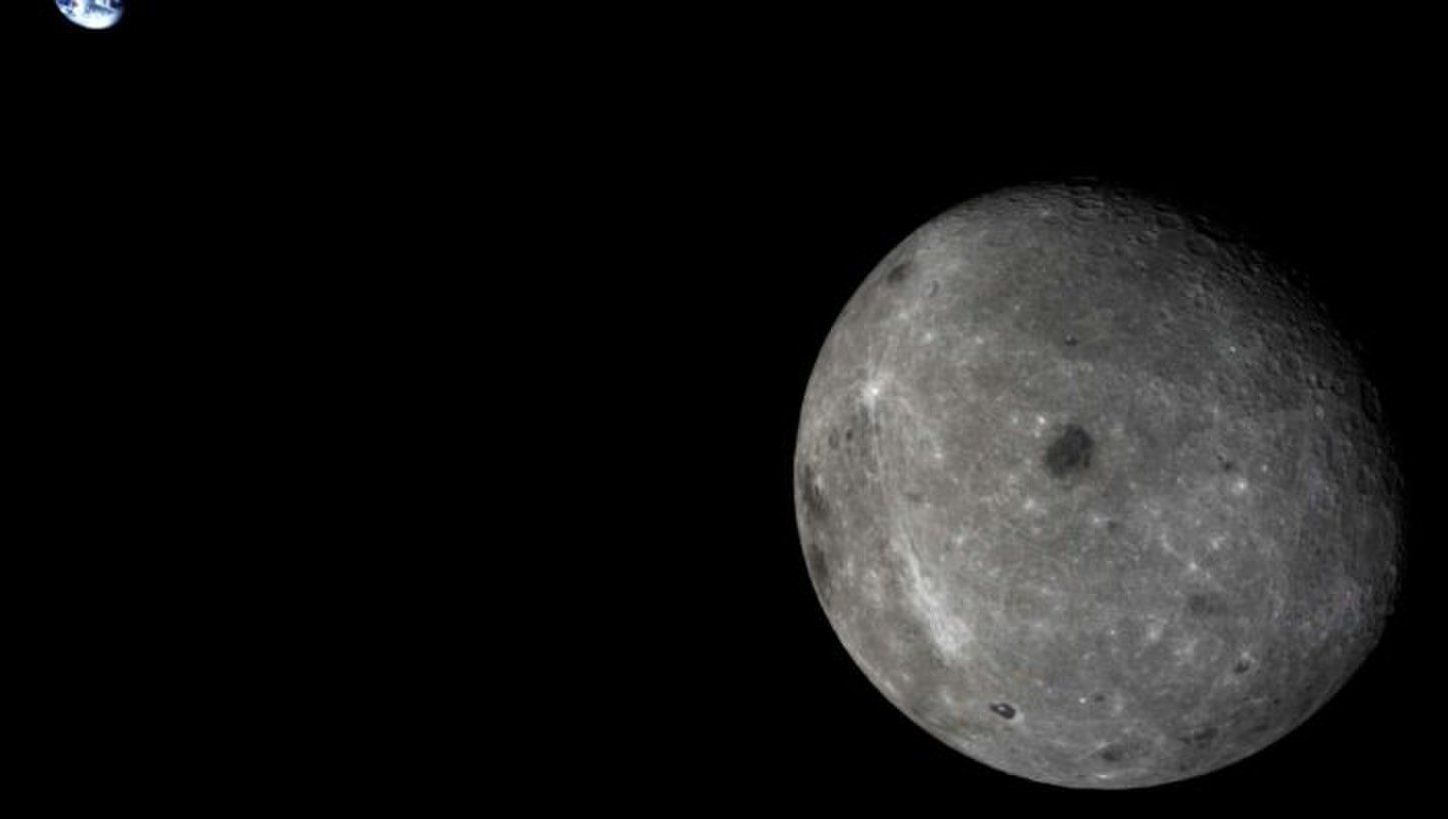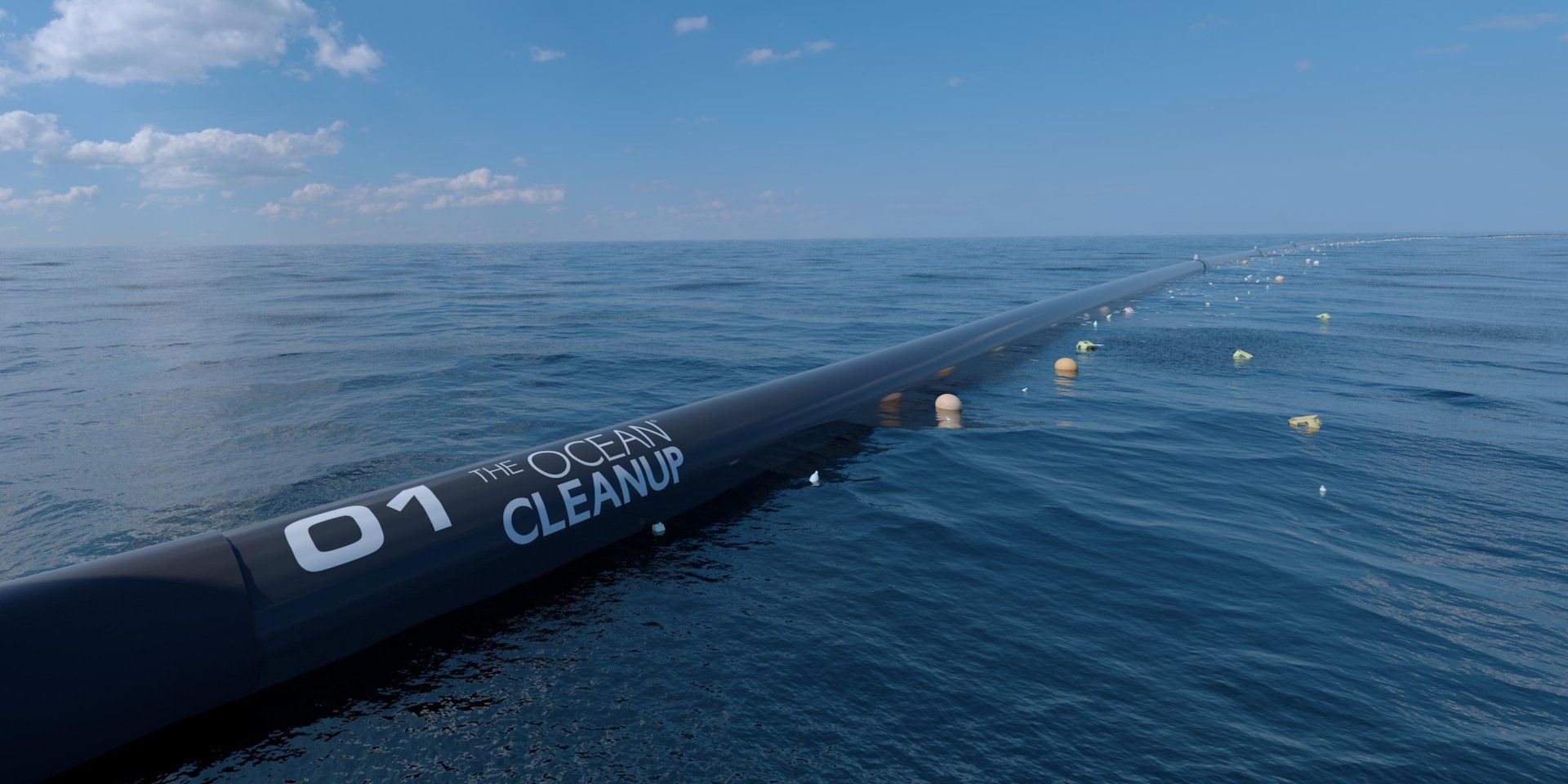Page 9239
Dec 6, 2018
Major breakthrough in quest for cancer vaccine
Posted by Nicholi Avery in categories: biotech/medical, innovation
The idea of a cancer vaccine is something researchers have been working on for over 50 years, but until recently they were never able to prove exactly how such a vaccine would work.
Now, a team of researchers at the Institute for Research in Immunology and Cancer (IRIC) at Université de Montréal has demonstrated that a vaccine can work. Not only that, it could become an extremely effective, non-invasive and cost-effective cancer-fighting tool.
The team’s work was published yesterday in Science Translational Medicine.
Continue reading “Major breakthrough in quest for cancer vaccine” »
Dec 6, 2018
NASA Animation Shows Arctic Ice Rapidly Depleting
Posted by Michael Lance in category: space
Dec 6, 2018
The Most Powerful Ion Drive in Space Is Ready for Its Visit to Mercury
Posted by Alberto Lao in category: space travel
The BepiColombo mission is traveling to Mercury powered by ion thruster engines built into the Mercury Transfer Module component visible at the bottom of this artist’s depiction.
Dec 6, 2018
NASA Science Shows Human Impact of Clean Air Policies
Posted by Michael Lance in categories: health, science, sustainability
As local, federal, and international policies targeting the quality of the air we breathe continue to evolve, questions arise of how effective existing policies have been in improving human health. For example, how many lives have been saved by tough air pollution policies? How many illnesses have been caused by lax policies?
Annual mean levels of fine particulate matter (PM2.5) pollution declined in the United States between 1990 (left) and 2010 (right), leading to thousands of lives saved, according to researcher Jason West.
Continue reading “NASA Science Shows Human Impact of Clean Air Policies” »
Dec 6, 2018
What Bodies Think About: Bioelectric Computation Outside the Nervous System — NeurIPS 2018
Posted by Xavier Rosseel in category: biological

That was pretty interesting…
Presented December 4th 2018 by Prof. Michael Levin (Allen Discovery Center at Tufts University)
Dec 6, 2018
China Preps for Launch of Historic Mission to Moon’s Far Side on Friday
Posted by Alberto Lao in categories: robotics/AI, space travel
China is getting set to launch the first-ever surface mission to the moon’s far side.
The robotic Chang’e 4 mission is scheduled to launch atop a Long March 3B rocket on Friday (Dec. 7) at around 1:30 p.m. EST (1830 GMT; 2:30 a.m. on Dec. 8 local China time).
If all goes according to plan, Chang’e 4’s lander-rover duo will touch down within the moon’s South Pole‐Aitken (SPA) basin after a 27-day flight, then study both the surface and subsurface of this region. [China’s Moon Missions Explained (Infographic)].
Continue reading “China Preps for Launch of Historic Mission to Moon’s Far Side on Friday” »
Dec 6, 2018
An Ancient Case of the Plague Could Rewrite History
Posted by Genevieve Klien in category: biotech/medical
Dec 6, 2018
The massive ocean cleanup device invented by a 24-year-old is running into problems in the Great Pacific Garbage Patch
Posted by Genevieve Klien in category: materials
The Ocean Cleanup, which is trying to remove plastic from the Great Pacific Garbage Patch, ran into problems in its first month of deployment.
Dec 6, 2018
DeepMind’s AlphaZero now showing human-like intuition in historical ‘turning point’ for AI
Posted by Genevieve Klien in categories: entertainment, robotics/AI
DeepMind’s artificial intelligence programme AlphaZero is now showing signs of human-like intuition and creativity, in what developers have hailed as ‘turning point’ in history.
The computer system amazed the world last year when it mastered the game of chess from scratch within just four hours, despite not being programmed how to win.
But now, after a year of testing and analysis by chess grandmasters, the machine has developed a new style of play unlike anything ever seen before, suggesting the programme is now improvising like a human.
